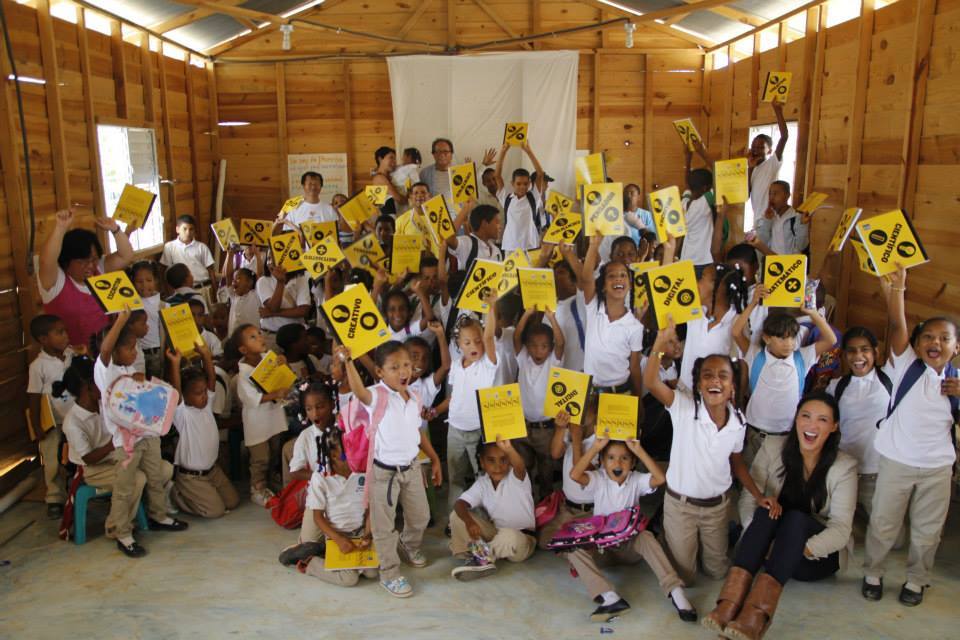Helping others is in my DNA.
My parents were commanding officers in the Salvation Army, and I grew up in the world of humanitarian aid and community development. I studied aid practices as an adult, and over the years, my passion for relief work has only grown.
However, during the course of my career, my perspective on volunteering has shifted significantly. Over the past two decades, the trend of “voluntourism”—or volunteering vacations—has skyrocketed. Although many development workers like myself got their start through volunteering or interning, evidence has surfaced that short-term volunteer projects can be more detrimental than beneficial to an area and its people.
I’m beyond thrilled when I meet people who express a burning desire to learn more and help those in need, but there are many factors potential volunteers need to consider before embarking on a mission trip overseas.
Voluntourism can cause psychological damage in host populations.
According to The NonProfit Times, national volunteerism continues to rise, with 64.5 million Americans donating nearly 7.9 billion hours to nonprofit organizations.
This trend is fueled in part by adventurous young people looking for a chance to immerse themselves in new cultures and make their mark on the world. Many high school and college graduates now take a gap year to volunteer and travel the world, filling up Facebook albums with photos of themselves digging ditches and hugging orphans.
Although these volunteers have positive intentions, their gap year could actually do more harm than good. When volunteers form bonds with neglected or abused children (who often face abandonment throughout their lives) and then leave, they’re contributing to the devastating psychological impact of desertion.
It’s difficult to make a lasting impact in a few weeks.
Gauging local needs and available community resources takes a considerable amount of time for an individual or volunteer organization, and it requires a keen understanding of the local language, culture and politics.
Imagine if a group of foreign volunteers showed up in the poorest section of your town and tried to jump in and lead a project. What are the chances it would be successful?
During my time in school, professors taught overanxious volunteers to spend their entire first year learning the local context and developing relationships before attempting to achieve anything. Locals should always play an active role in determining the type of aid they need and the best way volunteers can help.
Investing in short-term volunteers doesn’t always make financial sense for organizations.
While many people are anxious to make a difference with whatever time they have—whether that’s two weeks or two months—they often don’t account for the large investment required to train, supervise and prepare short-term volunteers. Often, the burden of allocating extra resources outweighs the benefits volunteers provide.
I frequently receive calls from interested schools and parents seeking volunteer opportunities for students who can commit two or three weeks of full-time volunteer work.
However, without an understanding of our projects, previous development experience or the ability to read or speak the local language, training these volunteers isn’t worth the hours we get back, which is the case for most short-term volunteer programs.
Of course there are exceptions. If you have a critical skill an agency needs, donating even a little of your time could be worthwhile. Some large NGOs also set up short-term volunteer programs to engage interested individuals, and these volunteers often become advocates and help raise funds for the nonprofit.
Before committing to a volunteer project, make sure you can contribute more than you’ll be taking.
Your motivations and expectations could be skewed.
The voluntourism debate seems to be centered on one key point: motivation matters.
Before you volunteer, you need to honestly examine your motivations and consider who’s benefitting from your volunteer work.
There’s no doubt that volunteering overseas can be a life-altering experience, but it’s also one of the most difficult things you’ll ever do. For instance, most people imagine a Kashi commercial when they imagine what their volunteering experience will be like—that is, until they get there. Setting realistic expectations before volunteering will make your experience more successful and fulfilling.
You might make a greater impact by volunteering from home.
Breaking ground in your local community can take years, so imagine trying to tackle poverty in a foreign city.
If your goal is to make a difference, consider volunteering for a cause you care about in your home country. Nonprofits everywhere need talented people, and if you stick around long enough, it could lead to a paid position.
Volunteering can be a life-altering experience, but you don’t have to travel abroad to make an impact on the world. Remember who’s at the heart of your service efforts, and choose the opportunity that creates the greatest good for the largest number of people. Then you can truly enjoy the intrinsic reward of volunteering.
~
Sources:
http://www.independent.co.uk/voices/comment/the-tragic-rise-of-gap-year-voluntourism-8473608.html
http://www.thenonprofittimes.com/news-articles/volunteering-continues-upward-trend-in-hours-value/
http://www.telegraph.co.uk/travel/hubs/gapyear/8107555/Volunteer-holidays-do-more-harm-than-good.html
Love elephant and want to go steady?
Sign up for our (curated) daily and weekly newsletters!
Author: Mina Chang
Editor: Catherine Monkman
Photos: Author’s Own













Read 0 comments and reply